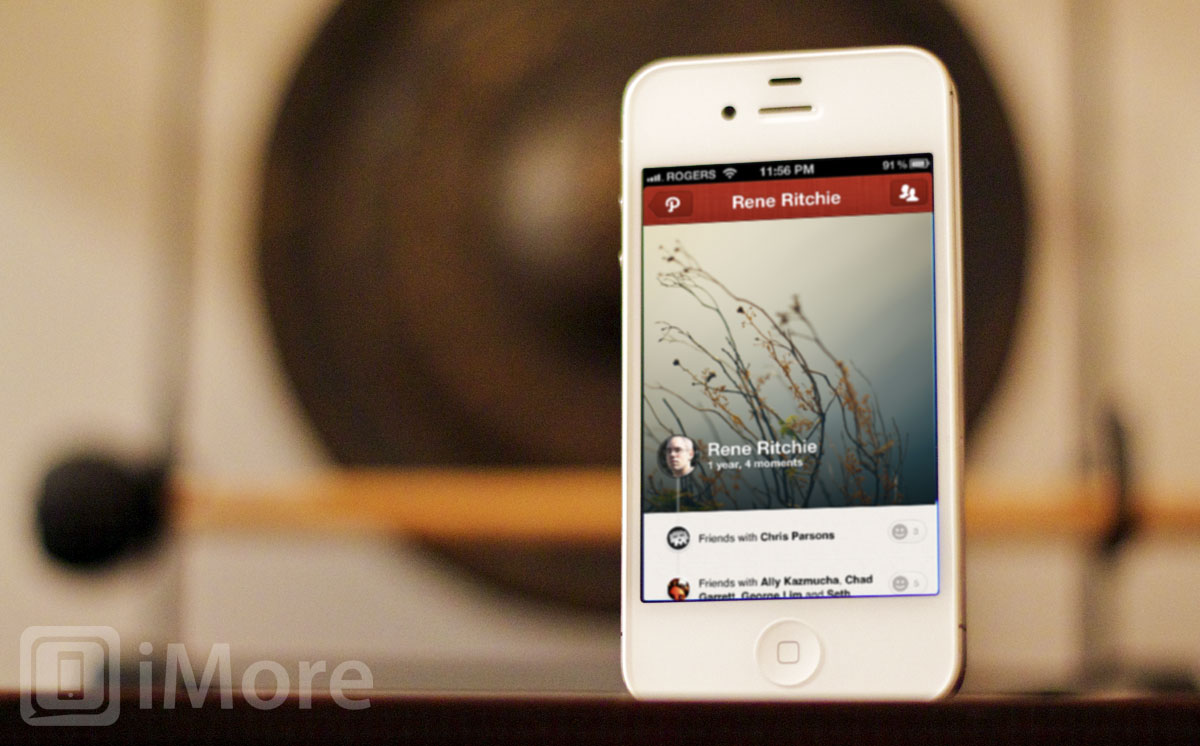Apple agrees to disclose app privacy permissions before download or purchase

iMore offers spot-on advice and guidance from our team of experts, with decades of Apple device experience to lean on. Learn more with iMore!
You are now subscribed
Your newsletter sign-up was successful
California Attorney General Kamala D. Harris announced today that Apple has agreed to better protect iOS users' privacy by disclosing the permissions an App Store app will require before a user downloads or purchases an app.
"Your personal privacy should not be the cost of using mobile apps, but all too often it is," said Attorney General Harris. "This agreement strengthens the privacy protections of California consumers and of millions of people around the globe who use mobile apps," Attorney General Harris continued. "By ensuring that mobile apps have privacy policies, we create more transparency and give mobile users more informed control over who accesses their personal information and how it is used."
The way apps treat our personal, private data has been in and out of the news for years, but recently gained attention again following the discovery that some iOS apps were uploading Contacts data to their servers without explicit user consent. Though against Apple policy, the use of private data like Contacts or Calendars isn't prevented by iOS the way Twitter accounts, location, and push notifications are.
Apple may decide to take a page from Google's Android Market, and show a list of permissions an app will require in a tab on the App Store.
That's a huge win for users concerned about their privacy and wishing greater transparency from developers and platform owners both. However, it doesn't address the scalability or usability issues that remain within iOS -- longer permission lists require better interfaces or they risk users getting annoyed or bored and no paying attention to them.
Personal responsibility is an absolute must, and if we tap through or scroll through without reading, we abdicate our right to complain later, but making permissions easier to navigate and update goes a long way towards making life easier for users and mitigating the overload "too much information" sometimes causes.
We had some ideas about what we'd like to see in an iOS 6 permissions panel, but no matter what Apple implements, it's important this issue has gotten the attention it has.
Along with Apple, Amazon, Google, HP, Microsoft, and BlackBerry maker RIM have also
iMore offers spot-on advice and guidance from our team of experts, with decades of Apple device experience to lean on. Learn more with iMore!
Source: State of California via The Next Web

Rene Ritchie is one of the most respected Apple analysts in the business, reaching a combined audience of over 40 million readers a month. His YouTube channel, Vector, has over 90 thousand subscribers and 14 million views and his podcasts, including Debug, have been downloaded over 20 million times. He also regularly co-hosts MacBreak Weekly for the TWiT network and co-hosted CES Live! and Talk Mobile. Based in Montreal, Rene is a former director of product marketing, web developer, and graphic designer. He's authored several books and appeared on numerous television and radio segments to discuss Apple and the technology industry. When not working, he likes to cook, grapple, and spend time with his friends and family.
